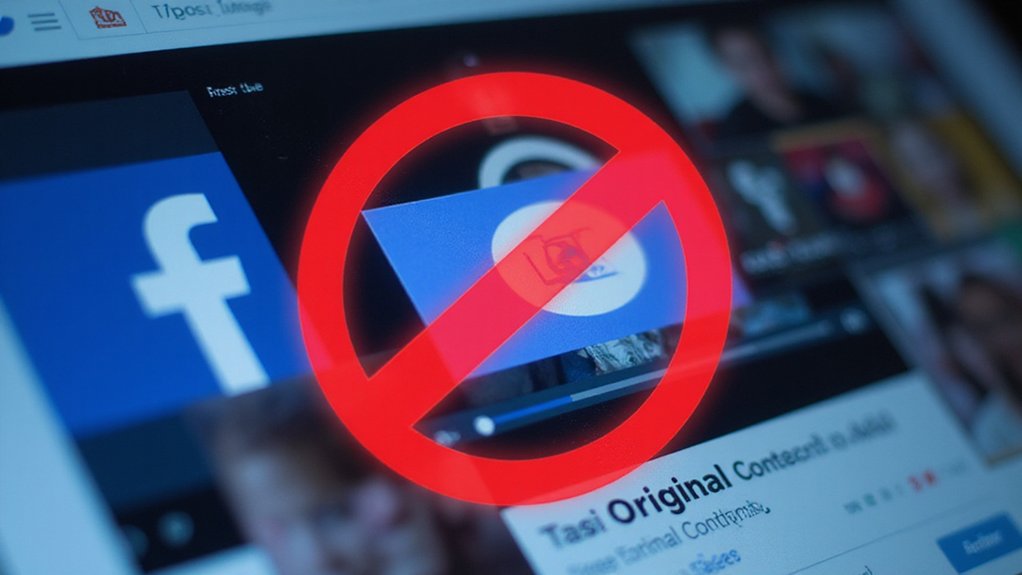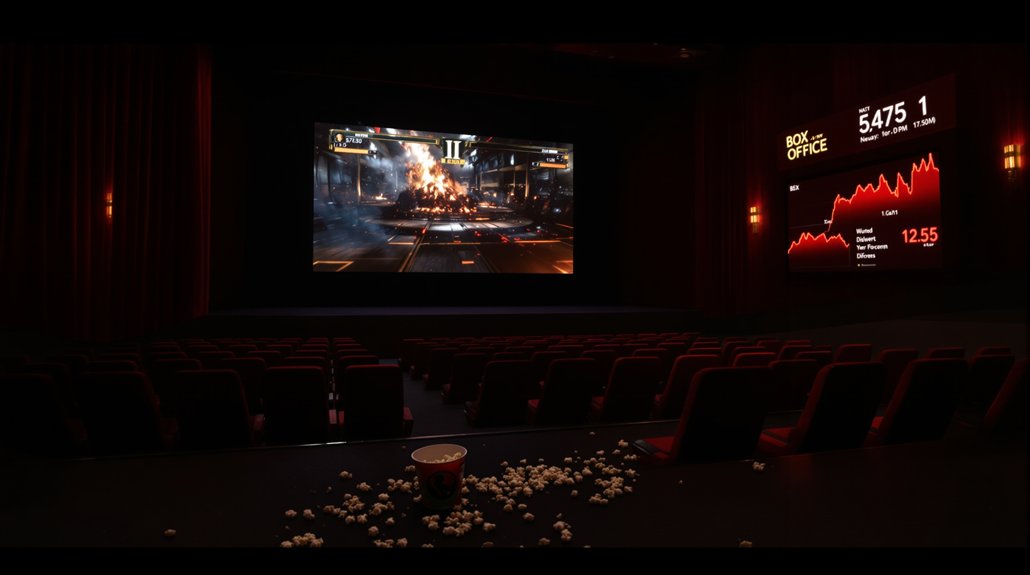Facebook is taking aim at content thieves across its platform. The social media giant is cracking down on accounts that repost non-original or plagiarized videos, introducing tighter monetization policies that favor authentic creators.
Facebook’s hammer drops on content thieves as it tightens the screws on plagiarized videos and rewards authentic creators.
It’s pretty simple: make your own stuff or say goodbye to making money on the platform. No more riding on others’ viral coattails.
The changes come as part of a broader policy enforcement shift at Facebook. The platform is now demanding higher confidence thresholds before taking down content, focusing automated systems on truly serious violations like terrorism and child exploitation.
For the content thieves? They’re in the crosshairs despite being lower on the priority list.
Facebook hasn’t revealed exactly how many accounts they’ve demonetized for video theft, but the message is clear as day. The platform is working with content owners to identify stolen material.
They’re also beefing up their developer policies to crack down on third-party tools that facilitate content stealing. Good luck gaming that system now.
The platform is also evolving to make all videos shared as reels, removing the distinction between standard videos and the short-form format. This simplification comes with enhanced visibility tools for original content creators.
Creators should note that under new policies, all live videos will be deleted after 30 days unless explicitly saved, making timely preservation crucial.
See a pattern here? Original content wins.
These updates haven’t come in isolation. Facebook has reorganized its trust and safety teams, relocating them from California to Texas and other US locations.
They’ve hired additional staff to reduce bottlenecks in the appeals process, requiring multiple human reviewers before permanent content removal.
And it seems to be working. The company reports approximately 50% reduction in enforcement errors since implementing these policy revisions.
Less accidental censorship, more targeted action against actual bad actors.
The new approach incorporates AI large language models to provide second opinions on content before taking enforcement actions against potential violators.
The bottom line? Facebook is serious about cleaning house. Create something original or find somewhere else to make a buck.
The days of easy money from stolen content are numbered. And frankly, it’s about time.









